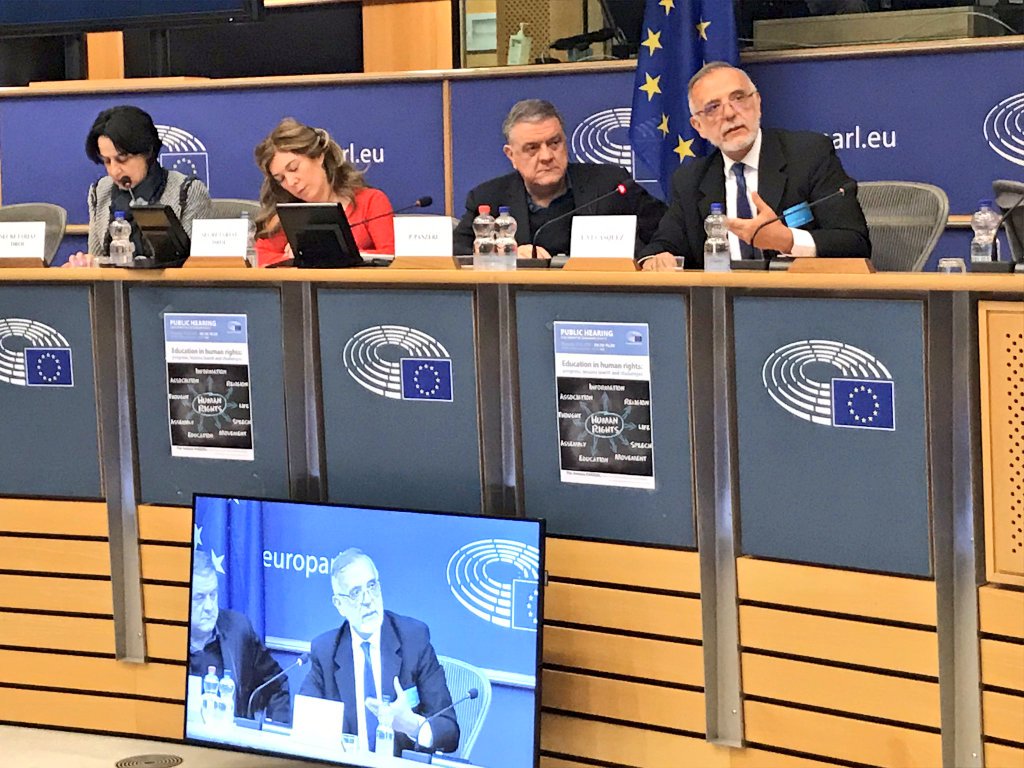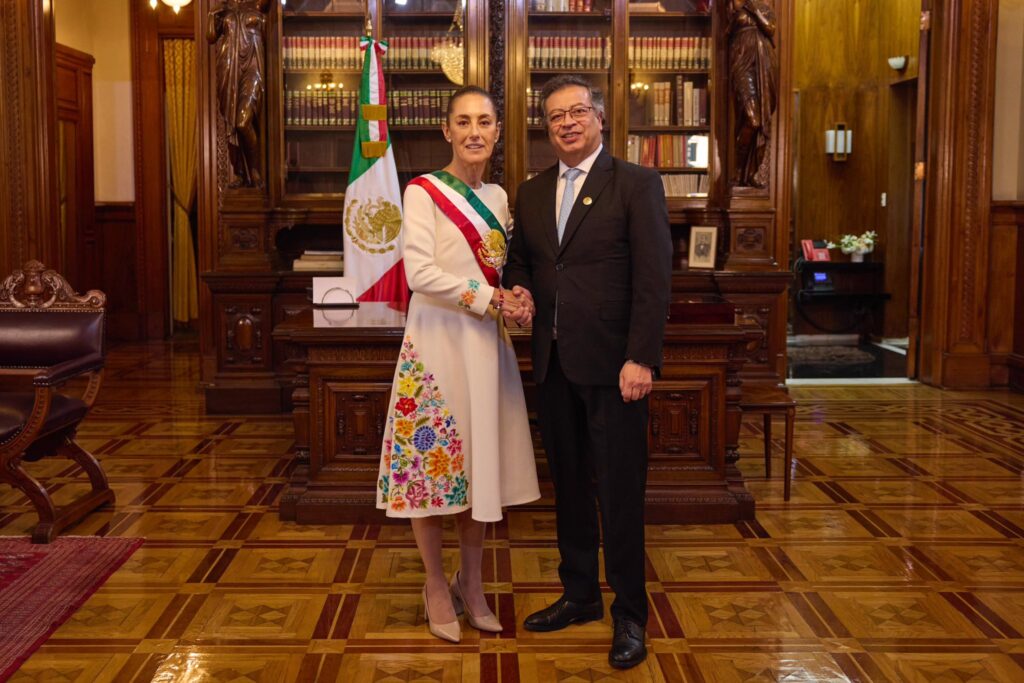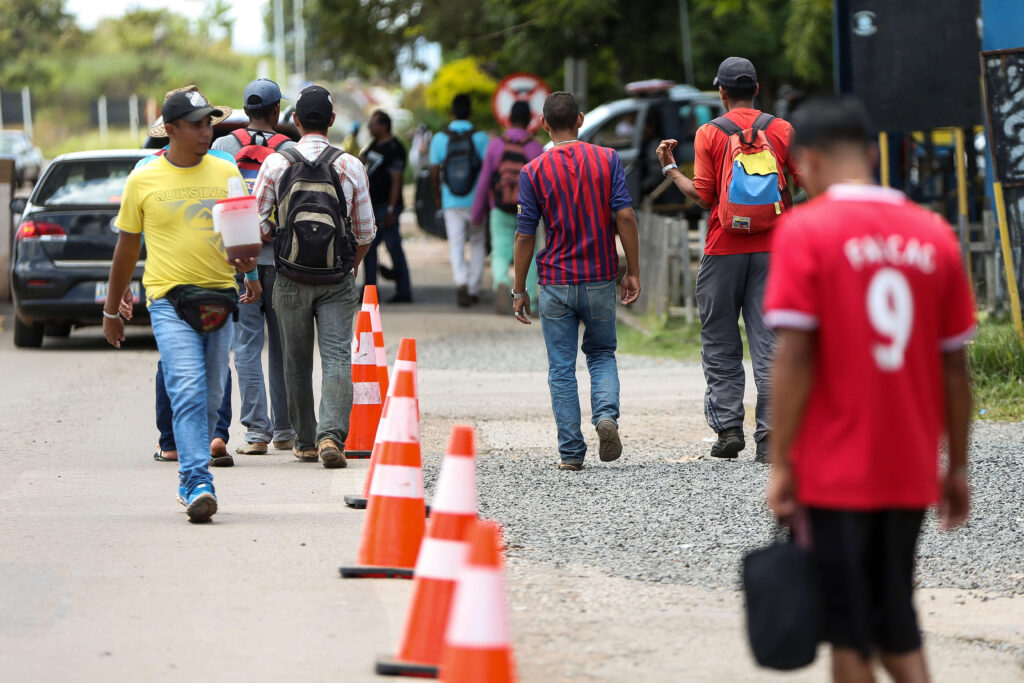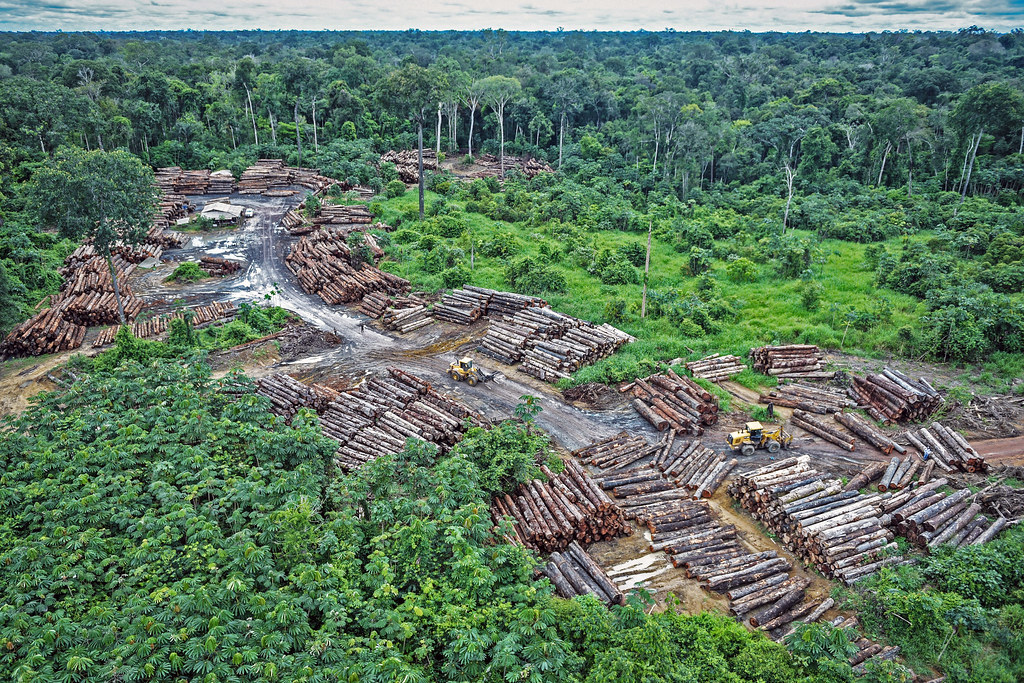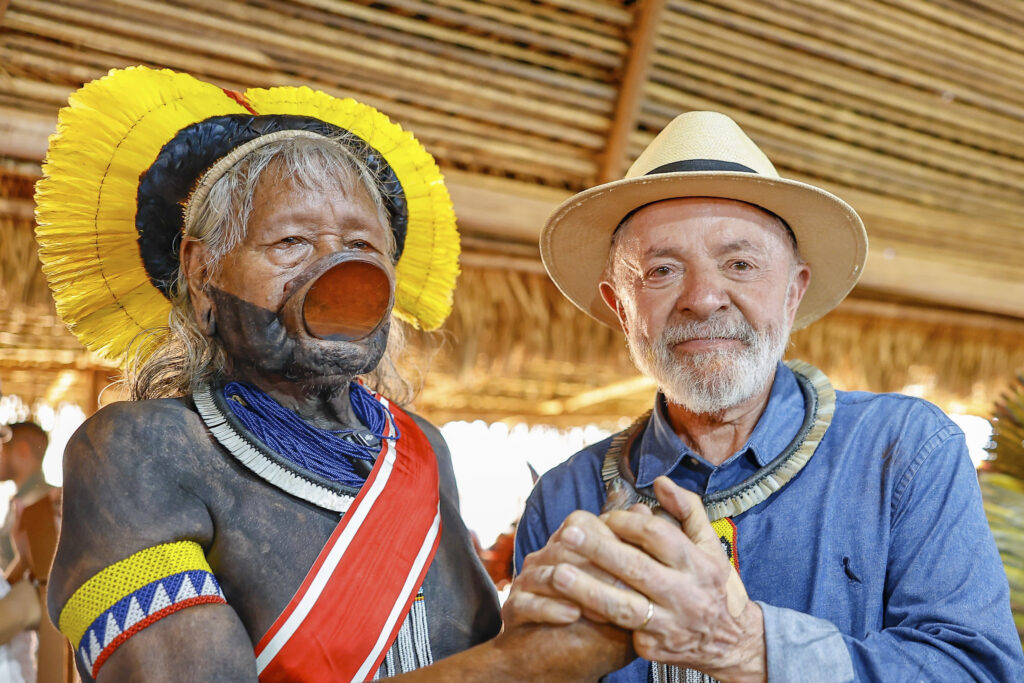As of March 18, the two most popular presidential candidates in Guatemala have been accused of corruption. The current president, Jimmy Morales, has also been accused of irregularities in his presidential campaigns, and two former presidents have been sent to prison for corruption, fraud and money laundering.
And it isn’t just the politicians. An Insight Crime report reveals that the Guatemalan “corrupt elite” regularly interact with organized crime groups to maintain and expand both their economic and political power base. The strength of their hold over the Central American country means that corruption is rife and justice is nearly impossible to bring about.
In response,the United Nations and the Guatemalan government created the Commission against Impunity and Corruption in Guatemala (CICIG) in 2006, an internationally-funded, independent entity to “promote the dismantling of [these] organizations and…individuals.” After some roadblocks, the organization was ratified by Congress and inaugurated in September of 2007.
The Commission is an independent body that supports, but does not control, the Public Prosecutor’s office, explains the organization’s website. Acting as a third-party prosecutor, it aims to strengthen national judicial institutions and make recommendations for legal reforms.
A paragon in the fight against impunity and organised crime, the group attests to having sentenced 310 people, identified 60 criminal structures and presented 34 legal reform recommendations, according to a promotional video the organization tweeted.
En sus once años de trabajo en combate a la impunidad, la @CICIGgt en apoyo al @MPguatemala ha identificado más de 60 estructuras criminales y ha presentado más de 100 casos ante la justicia. pic.twitter.com/myoc8f1MLT
— CICIG Guatemala (@CICIGgt) 28 de enero de 2019
One of the most important cases the CICIG cooperated on was the dismantling of a corruption racket that involved Guatemala’s customs authorities (the SAT) robbing the state of millions of dollars, reported Insight Crime. The case, dubbed La Línea, led to then-president Otto Pérez Molina’s resignation and his subsequent arrest, alongside Vice-President Roxana Baldetti in 2015.
Pérez Molina was the second former Guatemalan president to be imprisoned for corruption, and may not be the last. Just last year, the Commission began investigating how current president Morales financed his 2015 presidential campaign, revealing some irregularities.
CICIG’s work has remained uninterrupted since its creation, but Morales has made it clear that he will not renew the current mandate before its current term is set to end in early September of this year. In fact, he doubled down on his efforts to inhibit the Commission’s process, first by revoking staff work visas – including Director Velásquez’ – and second, by shutting it down for the month of January.
He accused the Commission of carrying out illegal activities, telling reporters it “put at risk the security of the nation, public order, governance, respect for human rights and above all the sovereignty of the state of Guatemala.”
The Constitutional Court blocked Morales’ decisions and the CICIG started work again in February.
Although Morales has vowed to close down the entity, Guatemala’s June elections will put a different president in power, one who will also decide the future of the Commission.


